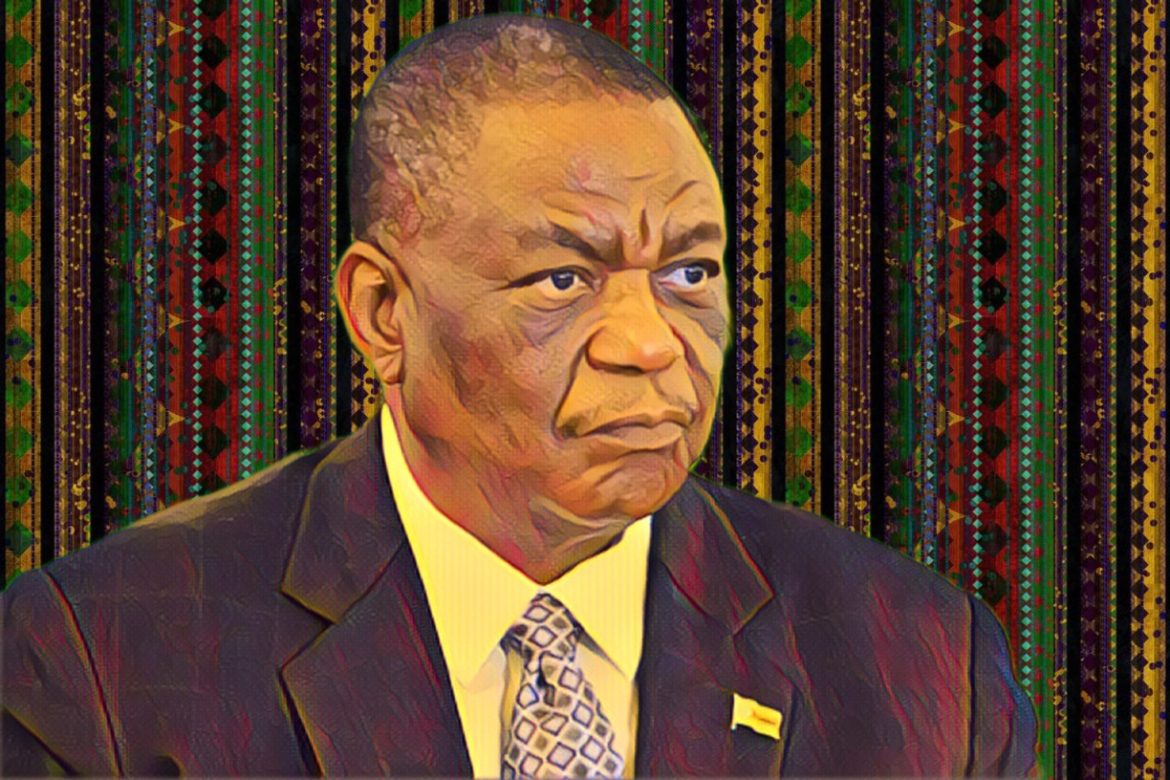KEY POINTS
- VP Chiwenga warns that corruption is a major security threat in Zimbabwe.
- The government is promoting transparency through laws and anti-corruption efforts.
- Chiwenga calls for integrating technology in governance but stresses human responsibility.
The Vice President of Zimbabwe, Constantino Chiwenga, has said that corruption has become a growing threat to the nation’s security and development.
He made this statement while addressing delegates at the CGIA’s annual general meeting in Victoria Falls. Chiwenga emphasized that corruption, particularly in public and private institutions, is gradually eroding the rule of law and diminishing public confidence.
Chiwenga highlights the role of ethics in Zimbabwe’s economic growth
Chiwenga urged leaders, professionals, and key figures in the country to prioritize ethics and corporate governance.
According to a report by Newsday, He stressed that eradicating corruption is crucial to Zimbabwe’s future economic growth. “Let me reiterate that promoting good governance principles is not only encouraged but expected from leaders,” Chiwenga said. He pointed out that corruption undermines the functioning of markets and the institutional framework, hindering the country’s development.
Combating corruption and fostering transparency
Chiwenga further outlined measures the government has implemented to curb corruption, including adopting the United Nations Convention against Corruption into domestic law. These steps are aimed at promoting transparency and accountability across various sectors.
The Vice President emphasized the government’s strong political will to collaborate with the private sector in fighting corruption.
He also called for stronger enforcement of anti-corruption laws, public awareness campaigns, and protection for whistleblowers. Chiwenga believes that by doing so, both the government and private sector can demonstrate their commitment to ethical business practices.
Government measures and technology in fighting corruption
Chiwenga also highlighted the role of technology in governance. He encouraged the adoption of artificial intelligence and automation to improve accountability and governance but noted that technology alone is not sufficient.
“Human integrity is equally important because we create technology, and we cannot allow it to function independently,” he said.


